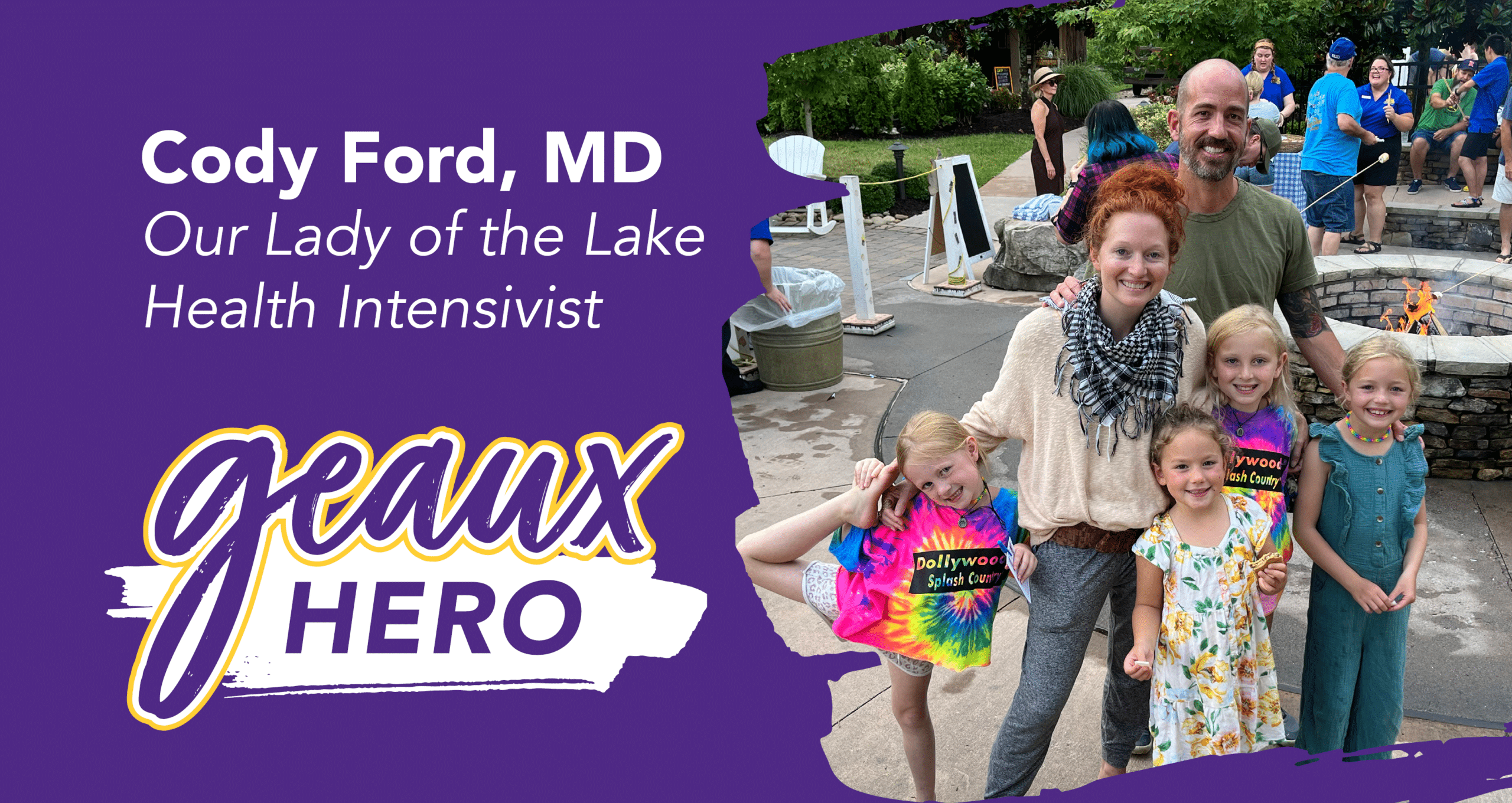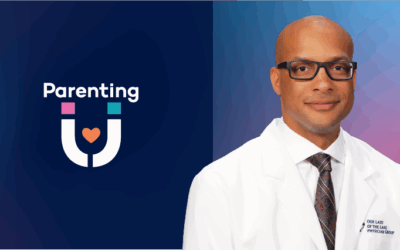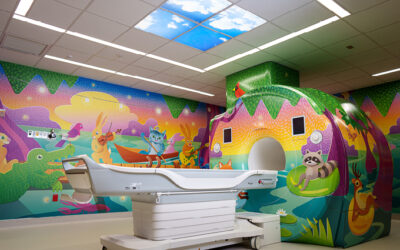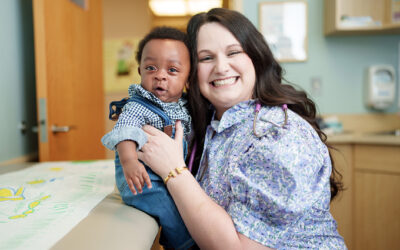Many of us often wonder how we might react in an emergency: Would we panic or freeze up, unable to make a move? Or would we rush in to help where needed?
Cody Ford, MD, an intensivist in critical care at Our Lady of the Lake Health, falls into the latter group — but that’s also just part of his job.
Also known as a critical care physician, an intensivist uses advanced training and quick thinking to treat the most critically ill patients and often helps to manage an intensive care unit, or ICU.
“Generally, we are the people who are not afraid to go into that high-risk, very intense situation where you really don’t know what’s going on, but you see somebody in extreme distress, and you want to help,” Dr. Ford says.
Most of his patients are in the emergency department. Some of them might have gone into shock or have multiple organs shutting down — these are the types of patients who may die without immediate intervention, he says.
Dr. Ford joined Our Lady of the Lake in 2015, and only a few years later was facing one of the most intense and high-risk health crises imaginable, the COVID-19 pandemic.
He remembers battling the unknowns of those early days — questions about how the disease spread, the precautions, the protocols. He remembers fellow doctors going home after long shifts and sleeping in their garage for fear of sharing germs with their families.
Most of all, he remembers comforting the loved ones of patients, who were sometimes lost in the fray as ICU teams rushed in to treat their parents or family members.
“You had to remember that the families were suffering, too,” he recalls. “The families had to go through a lot of anxieties and difficulties when not a lot of people around them knew what was going on.”
Connecting Patients to the Best Care
One such patient was Chris Letendre, who came to Our Lady of the Lake with COVID in August 2021. He was 57 at the time and what started as trouble breathing soon became double pneumonia and pulmonary fibrosis in both lungs.
After getting stabilized in the ICU, Letendre returned home with an oxygen tank. But his lungs continued to deteriorate.
“Every pulmonologist I saw told me I looked like I was a lifetime smoker,” Letendre says. “But I’ve never smoked a day in my life — that’s how bad my lungs were because of COVID.”
Then, the worst happened: both Letendre’s lungs collapsed. He requested paramedics bring him to Our Lady of the Lake and he ended up back at the ICU, where the critical care team worked to inflate his lungs and stabilize him again.
Letendre needed a double lung transplant.
Thankfully, his pulmonologist was Hollis “Bud” O’Neal, MD, medical director of research at Our Lady of the Lake and a critical care physician at LSU Health Sciences Center.
Dr. O’Neal’s innovative research at Our Lady of the Lake puts him in close collaboration with some of the top medical institutions across the country, including Vanderbilt University’s School of Medicine.
He connected Letendre with a team at Vanderbilt that could perform the double lung transplant.
Nearly a year after Letendre first came to the emergency department at Our Lady of the Lake with COVID-19, he and his wife temporarily relocated to Nashville, Tennessee, for the procedure and the weeks of physical therapy that followed.
Letendre says he had long been in poor spirits after his lungs got worse following COVID. He had seen many specialists who offered no solutions to help him recover.
“When Dr. O’Neal mentioned the lung transplant, between that and being at the Lake, it was the first time I heard anything positive in nine months,” Letendre says. “I credit Dr. O’Neal for saving my life. Even though he didn’t do the transplant, it was him and the Lake that saved me.”
Critical Care is a Team Effort
For Dr. Ford, Letendre’s story is just one example of the critical care team’s ability to quickly stabilize the sickest patients and connect them with the best care through the Our Lady of the Lake’s comprehensive network of specialists or even through our collaborative partners at top medical institutions.
It’s that team effort that helped Dr. Ford succeed at saving lives through the chaos of the pandemic. He credits the critical care team as well as the entire Our Lady of the Lake for stepping up to the challenge.
“When we needed PPE and masks and basic things to keep ourselves and patients safe, we had those things. When we ran out of room on the intensive care side, we made more room so we could take patients in and help our community,” Dr. Ford says. “Despite all that anxiety, we all showed up back at work, came in extra and did what needed to be done. I’m humbled that I have the opportunity to do this job with the people I work with.”
Dr. Ford is being honored as one of Our Lady of the Lake’s Geaux Heroes, which recognizes incredible stories of strength and resilience. He is being recognized April 6 at the LSU Baseball game against Vanderbilt.
Chris Letendre will also be throwing out the first pitch at the game.




